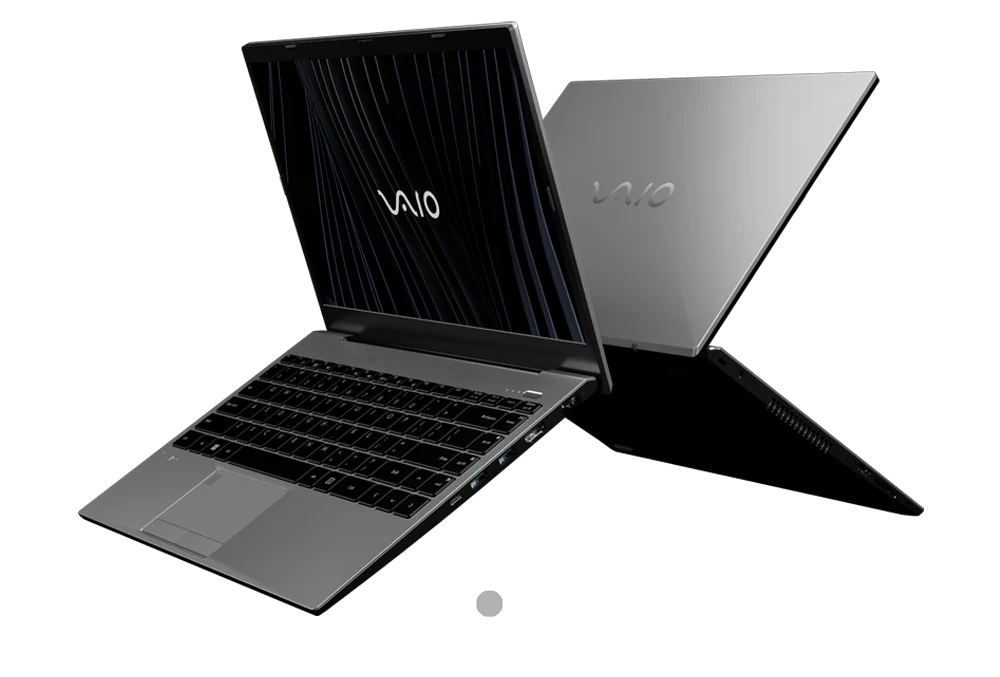- The Rise of ARM-Based Processors
ARM-based processors, traditionally found in smartphones and tablets, are making a significant impact in the laptop market. Apple’s M1 and M2 chips have showcased the potential of ARM architecture, offering impressive performance and energy efficiency. These processors provide longer battery life, reduced heat output, and improved performance per watt compared to traditional x86 chips from Intel and AMD. Following Apple’s lead, other manufacturers are exploring ARM-based solutions, potentially reshaping the landscape of laptop computing.
- Foldable and Dual-Screen Designs
Foldable screens and dual-screen laptops are emerging as innovative form factors. Lenovo’s ThinkPad X1 Fold and Microsoft’s Surface Duo are early examples of devices pushing the boundaries of traditional laptop design. These devices offer enhanced multitasking capabilities and versatile usage modes, allowing users to switch between laptop, tablet, and tent modes seamlessly. As technology advances, we can expect more durable and practical implementations of foldable displays in laptops.
- Advancements in Battery Technology
Battery life remains a critical factor for laptop users. Recent advancements in battery technology, including the development of solid-state batteries, promise longer-lasting and faster-charging laptops. These batteries offer higher energy density and improved safety compared to traditional lithium-ion batteries. Additionally, manufacturers are increasingly focusing on energy-efficient components and software optimizations to extend battery life.
- Enhanced Connectivity with Wi-Fi 6E and 5G
The integration of Wi-Fi 6E and 5G connectivity is revolutionizing the way laptops connect to the internet. Wi-Fi 6E offers faster speeds, lower latency, and improved performance in crowded environments, while 5G provides ultra-fast mobile internet. These technologies enable seamless remote work, high-quality video conferencing, and quick file transfers, making them essential for modern laptops.
- Eco-Friendly Manufacturing and Materials
Sustainability is becoming a significant focus in laptop manufacturing. Companies like Dell and HP are leading the charge with eco-friendly initiatives, using recycled materials and reducing carbon footprints. Innovations include chassis made from ocean-bound plastics, keyboards from recycled aluminum, and packaging from sustainable sources. These efforts not only reduce environmental impact but also appeal to eco-conscious consumers.
- Advanced Cooling Solutions
As laptops become more powerful, efficient cooling solutions are crucial to maintain performance and longevity. Manufacturers are adopting advanced cooling technologies, such as vapor chambers, liquid metal thermal compounds, and more efficient heat pipe designs. These innovations help manage heat better, ensuring laptops run cooler and quieter, even under heavy workloads.
- AI and Machine Learning Integration
Artificial Intelligence (AI) and Machine Learning (ML) are finding their way into laptop features and functionalities. AI-driven enhancements include intelligent performance management, battery optimization, and adaptive display settings. For instance, some laptops can adjust performance based on usage patterns, extending battery life and enhancing user experience.
- Enhanced Security Features
With increasing cyber threats, security remains a top priority for laptop manufacturers. Emerging trends include advanced biometric authentication, such as facial recognition and fingerprint sensors, as well as hardware-based security modules. These features provide robust protection against unauthorized access and data breaches.
- High-Resolution Displays with Better Color Accuracy
The demand for high-quality displays is on the rise, particularly for creative professionals and gamers. Manufacturers are offering laptops with 4K and even 8K resolution screens, along with technologies like OLED and mini-LED for superior color accuracy and contrast. High refresh rates and low response times are also becoming standard in gaming laptops, providing smoother visuals and a more immersive experience.
- Modular and Upgradable Designs
To extend the lifespan of laptops and reduce electronic waste, some manufacturers are exploring modular and upgradable designs. Framework, for example, offers laptops with replaceable components, allowing users to upgrade their devices easily. This trend promotes sustainability and gives consumers more control over their hardware.
The laptop manufacturing industry is witnessing rapid advancements and innovations. From ARM-based processors and foldable designs to enhanced connectivity and eco-friendly materials, these trends are shaping the future of portable computing. As technology continues to evolve, we can expect laptops to become more powerful, efficient, and versatile, catering to the diverse needs of users worldwide.



